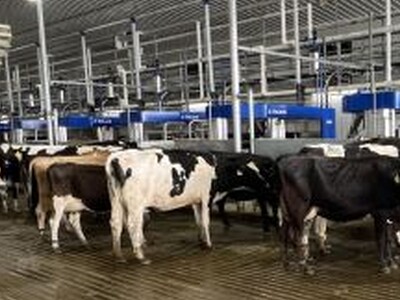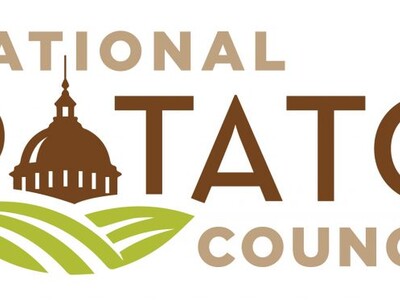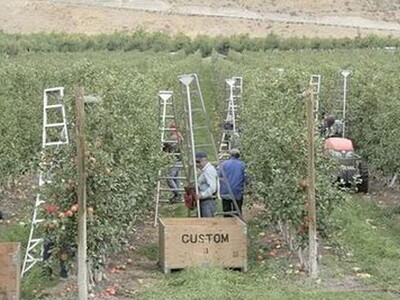Infrastructure and Farming
(From Idaho Farm Bureau Blog)Strong infrastructure, such as highways and bridges, is hugely important in keeping U.S. agriculture competitive and consumer costs down, Farm Bureau and 27 other agricultural organizations wrote to House members in a letter urging them to pass multi-year surface transportation legislation that provides adequate funding for transportation infrastructure programs.
"While all modes of transportation are important to agriculture, trucks move almost all agricultural commodities from the field to the warehouse and also transport 64 percent of grains and oilseeds from warehouse to end user," the groups wrote. Among the areas of concern farmers, ranchers and agricultural transporters would like to see addressed in the legislation is an extension on the implementation deadline for positive train control, which is needed to prevent a disruption in the supply of necessary fertilizers, crop inputs and rail cars for transporting freight.
"Several railroads have indicated that they may be unable to move important crop inputs such as anhydrous ammonia on lines that do not have PTC installed. This development could threaten delivery not only of fertilizers and other inputs but other traffic on those lines as well," the groups wrote.
If Congress does not extend the Dec. 31, 2015 deadline for installing PTC, fertilizer manufactures would likely curtail production, leaving farmers without enough fertilizer to use during the narrow planting season. A minimum commercial driver's license age of 18 would make federal law, which now puts the minimum CDL age at 21, consistent with the laws of the contiguous 48 states.
The federal minimum age of 21 means anyone younger than that cannot drive commercially across state lines, despite being licensed in a state. The groups requested that lawmakers carefully examine regulatory attempts to unduly raise the cost of truck transportation without corresponding safety benefits, such as the Federal Motor Carrier Safety Administration's (FMCSA) proposal to greatly expand motor carrier financial responsibility and its proposal to place unwarranted responsibilities on shippers and receivers for drivers who are not employed by them.














